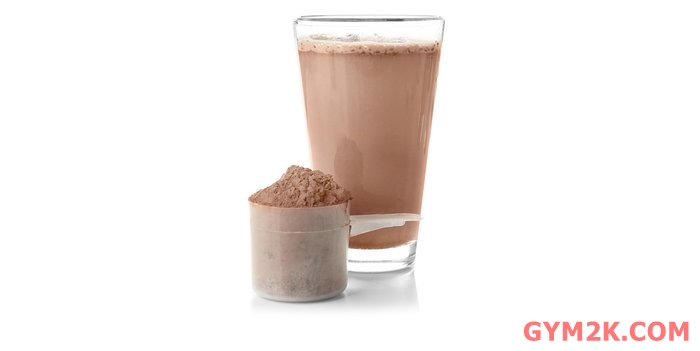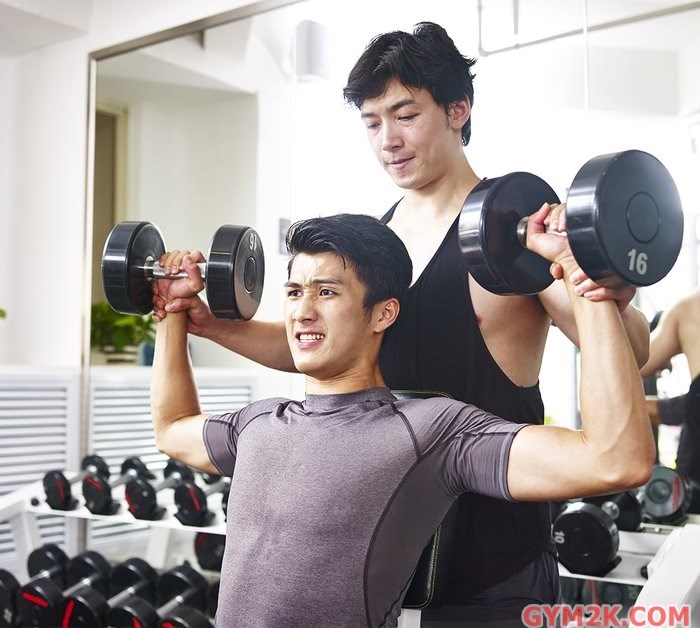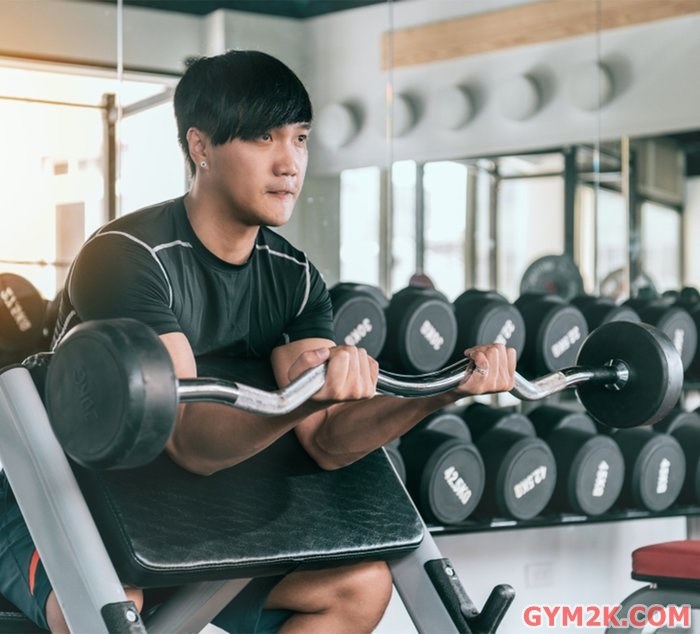China is flexing a lot of muscle these days. Its government is ramping up its military presence in the South China Sea, taking off the gloves in trade talks with the United States, establishing a stronger presence in outer space, and continuing its strategic investments in everything from Park Avenue high rises to African potash mines.
More Chinese people are flexing their muscles, too—but with good ol’ iron. There are no exact numbers for the total number of Chinese actively engaged in strength training, but interest in bodybuilding among even just a fraction of the country’s 1.4 billion citizens has the potential to reshape the fitness industry. And for bodybuilding-related companies actively pursuing international business, China presents a tantalizing target.
Love the Mass Gainers, Not the Sweet Tooth
The supplement brand MuscleTech, part of Iovate Health Sciences International Inc., a company founded in Canada, has one of the strongest sports-nutrition presences in Asia. Iovate was purchased in 2016 by the Xiwang Group Company Ltd., a Chinese conglomerate active in beverage, food, and steel logistics, among other industries.

MuscleTech quickly found out that it couldn’t simply take its entire product line and market them as-is in China.
"The palates are just very different," says Justin Chen, senior international sales and brand manager at Iovate. He grew up in China and now lives in Canada. "U.S. products are way too sweet for most Chinese people," he adds, "even though they are very well received by Americans."
Chen says that MuscleTech changed its formulas to make a less-sweet mass gainer, which is now the company’s top-selling product in China.
The popularity of mass gainers among Chinese bodybuilders stems, according to Chen, from the traditional Chinese diet, as well as from popular misconceptions about protein. Historically, the Chinese diet has been built around rice and vegetables. Protein-rich foods such as soybean products, meat, and fish have typically played a side role, used as flavor accents rather than main courses. So, if you’re Chinese and want to build muscle, Chen says, you’ll have a hard time doing so with traditional Chinese foods. You need more concentrated protein sources. You need supplements.
Adding to the confusion, many Chinese people believe that too much protein can be harmful, leading to excessive body fat and overburdening the internal organs, like the kidneys, that process and metabolize protein.
"These are common misconceptions in the local market," Chen says. "That’s why we have to actively educate the fitness crowd. We try to help them understand protein is good and that you need certain levels of protein to maintain body function and build muscle."
The Ideal Chinese Physique: Not Too Big
But not too much muscle, adds Chen. Very few Chinese bodybuilders want to look in the mirror and see an oversized physique. Phil Heath, Big Ramy, Shawn Rhoden—these top bodybuilders are not aspirational for most Chinese lifters.
"There’s a small cluster of hardcore gym enthusiasts who hope to emulate such massive physiques," Chen says, "but most people aspire toward more fitness-related models."

Unlike U.S. culture and its fascination with superheroes and Rambo films, most Chinese heroes rely on martial arts, rather than muscles, to overwhelm their enemies. The 1930s saw a brief flurry of interest in bodybuilding in China, but in 1953, the Chinese Communist Party essentially outlawed it, calling it a bourgeois pursuit. It wasn’t until the early 2000s that sheer physical strength, as embodied in bodybuilding, became popular again in China.
Rising Incomes Make Room for Fitness
Chen attributes rising interest in strength training to the growth of a Chinese middle class with enough disposable income to invest in themselves through physical fitness. Through social media and films, Chinese people have also been influenced by the fitness crazes sweeping other countries. The Chinese government has stoked the fire of free weights by investing heavily in sporting activities, with an eye toward containing rising health care costs. Chen says that the government currently plans to invest a cool $ 200 billion or so to encourage sports participation among its citizens.
In what becomes a virtuous circle effect, people now have greater exposure to very fit individuals, and want to become like them—and the government is there to give them a hand.
Creating a Bodybuilding Ecosystem
Although fitness training in general has yet to hit the Chinese masses, a new ecosystem is forming to support it. There is now a Chinese Bodybuilding Association (CBBA), which is a member of the International Federation of Bodybuilding and Fitness (IFBB). Trade events such as ChinaFit and FIBO highlight the discipline. China will host its first Olympia-related event for Asian contestants in Beijing this June. And in September, athletes from more than 60 countries will attend the CBBA-sponsored 2018 IFBB Belt and Road event in Xi’an, China.
As the number of competitive events in China grow, so too do the number of Chinese bodybuilders—men and women alike—starting to make their mark on the industry. Long Wu became the first Chinese IFBB pro after competing in the 2015 Olympia Amateur Asia. He has since placed 10th at the 2017 IFBB Arnold Classic in Ohio, and 14th at the 2017 Olympia.

Mou Cong became China’s first female bodybuilding world champion after she won the figure D class and the Amateur Overall Figure competition at the 2017 Arnold Amateur. The Chinese media later dubbed her "the world’s prettiest bodybuilder." Cong is also the first Chinese woman to win an IFBB membership. Today, she is a Nike-sponsored athlete, sports model, and fitness instructor.
The Rise of the Training Class
Chen says that the number of personal training schools is exploding as Chinese athletes see this as an attractive profession that meets the needs of the emerging "fitness class." (In the early 2000s, the number of fitness centers numbered in the low hundreds. Today there are more than 17,000.)
"[Personal training] is actually becoming one of the hottest professions in China because the entry point is relatively low," says Chen. "You don’t need a lot of education to get in, and it doesn’t take you a long time to graduate. And once you have a job as a personal trainer, you can make a lot of money."
The cream of the training crop goes on to work with emerging bodybuilding stars such as Long Wu and Mou Cong. These trainers can also position themselves as key opinion leaders, capable of influencing people’s fitness decisions and driving consumer traffic to e-commerce platforms for fitness programs and gear. They can also make money as sponsored athletes. Until recently, the relative lack of Chinese supplement and fitness-gear companies made these opportunities few and far between—and they paid far less than what models earn in the U.S.
"There’s more money there now," says Chen. "Going forward, we’ll see more athletes able to support themselves through modeling and sponsoring. It won’t be long before we see more Chinese bodybuilders attracting international attention and making enough money to travel overseas for top-tier training."








Leave a Reply
You must be logged in to post a comment.